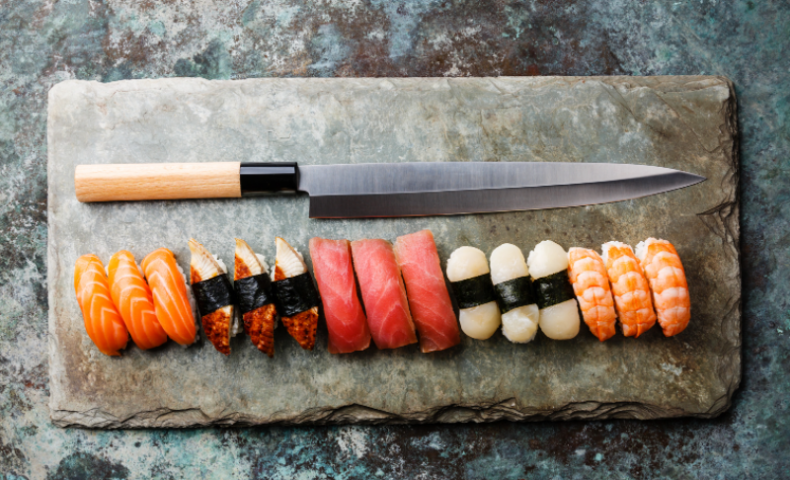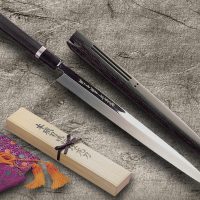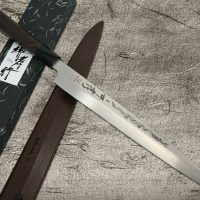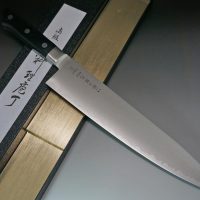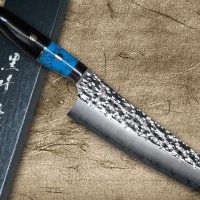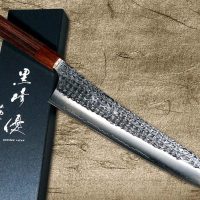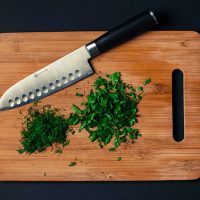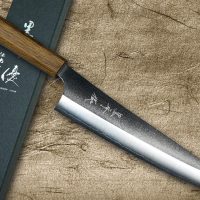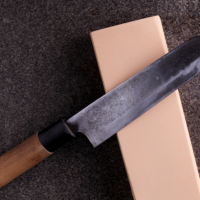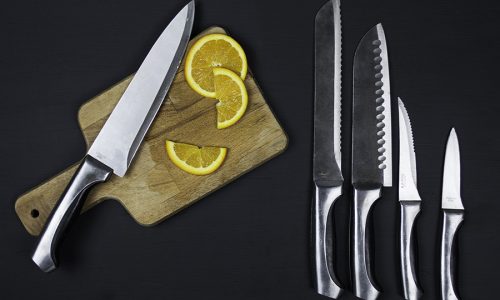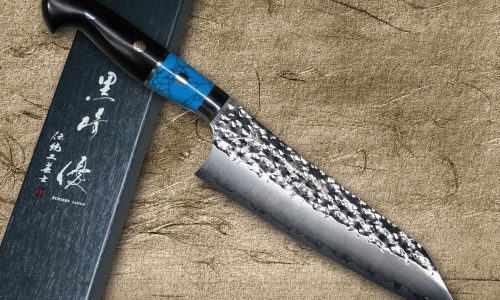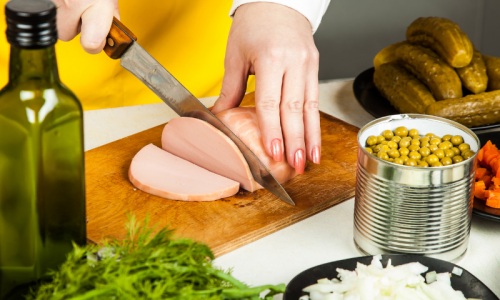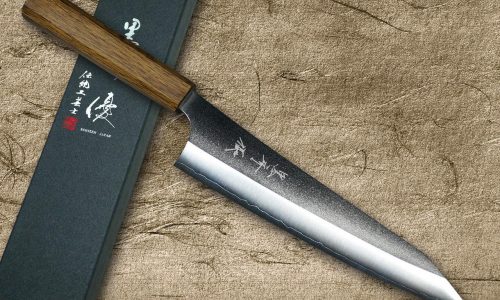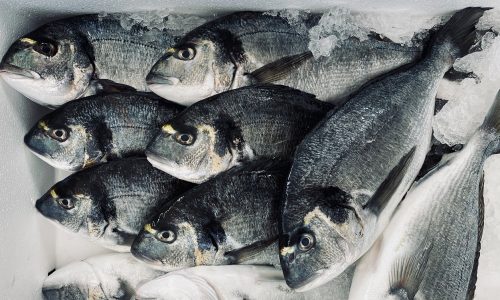Japanese cuisine is known for its culture-rich history and traditions, which trespassed into the corners of each plate, seeping into the stories of each and every ingredient selected to craft a fancy, signature menu. Diners and gourmets travel from all destinations to have their divine dining experiences in Japan, just to have a once-in-a-lifetime opportunity when it comes to tasting the finest dishes ever created.
As Japanese dishes are often described as being extremely ‘complicated’ and ‘delicate’, most Japanese delicacies require the mastery of the skills of Japanese knives, the fine selection of fresh ingredients, and the knowledge in combining traditional, authentic techniques with new-generation ideals to further leap into the mysterious, yet exciting culinary wonders.
With this, Japanese cuisine has always been a topic of debate and a culinary gem under the limelight. The mesmerizing aesthetics and the mastery of skills required to craft Japanese delicacies have got gourmets and cordon bleus crazy over sushi and sashimi pieces. The boom of Omakase restaurants has also proved the major popularity of Japanese food – providing diners opportunities to witness the crafting of all authentic Japanese dishes like sushi and sashimi right in front of their eyes. As intricacy comes first on the list of what describes Japanese food, head chefs and professionals find working with Japanese knives extremely challenging, as a wide array of knife types, models, and series feature numerous steel types, handle materials, and own distinct builds. Differences in blade bodies and knife shapes also result in various capabilities these knives can perform. However, designed to work with different techniques and perform varying skills, Japanese knives are highly essential to create excellent Japanese delicacies.
Valuable Japanese Knives
All authentic, traditionally forged Japanese knives are extremely ‘valuable’. Apart from a Japanese knife forged with an extremely rare, expensive type of steel, the value of a Japanese knife also comes from the ‘traditions’ it holds in itself. The rich history each knife contains in its blade body makes authentic Japanese knives ‘special’. This is mainly why not only Japanese food chefs look for Japanese knives to aid in their culinary processes, but also knife collectors. A Japanese knife holds high significant, as it can also be considered as a chef’s ‘blade’ companion, a best friend in the kitchen. Just like that of a Samurai’s sword, a Japanese knife is a weapon that enables users to showcase their skills and techniques through swift chops, perfect slices, and excellent cuts. As these valuable Japanese knives are required to craft Japanese delicacies, they are too, to be cared of dearly. Caring for Japanese knives may feel complicated, but in truth, nothing is harder than it seems.
Basic Care
Before the caring process, it is best to first determine the steel type of a Japanese knife. Most Japanese knives are forged out of either high carbon steel and stainless steel. high carbon steels are excellent when it comes to edge holding as it is hard in texture. However, it is often prone to rust and often results in steel discoloration after numerous cleans and blade usage. Stainless steel, on the other hand, is extremely good when it comes to rust and stain resistance, maintaining the overall look of the knife. The downside to stainless steel is that its edge retention is not as great as that of high carbon steel’s. By determining the knife type, it would be easier to care for your Japanese knives. Once the type is identified, it is best to know the basics of knife storage and caring.
Do not store Japanese knives (especially wooden handle ones) when they are still ‘wet’ – Gently pat dry the entire blade and make sure they are completely dry before keeping.
It is not recommended to store Japanese knives in a drawer – The tip of the knives can be damaged and/or the knife body can be bent/scratched when put together with other equipment.
Use a Saya or general knife cases for protection (only when a knife is completely dry)

